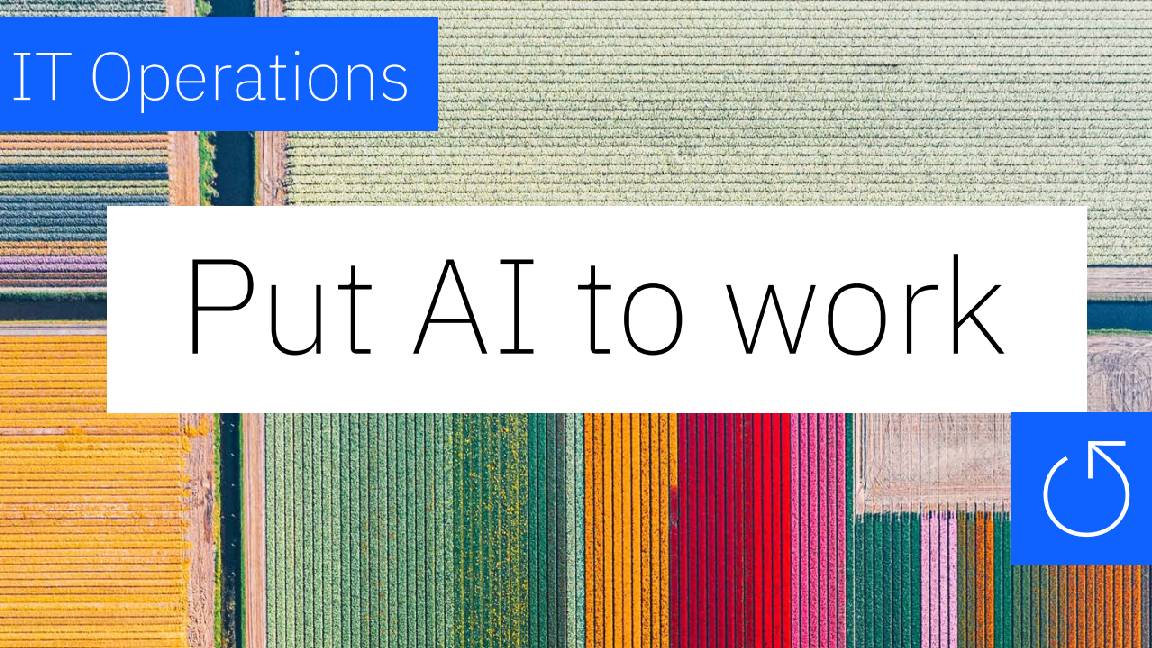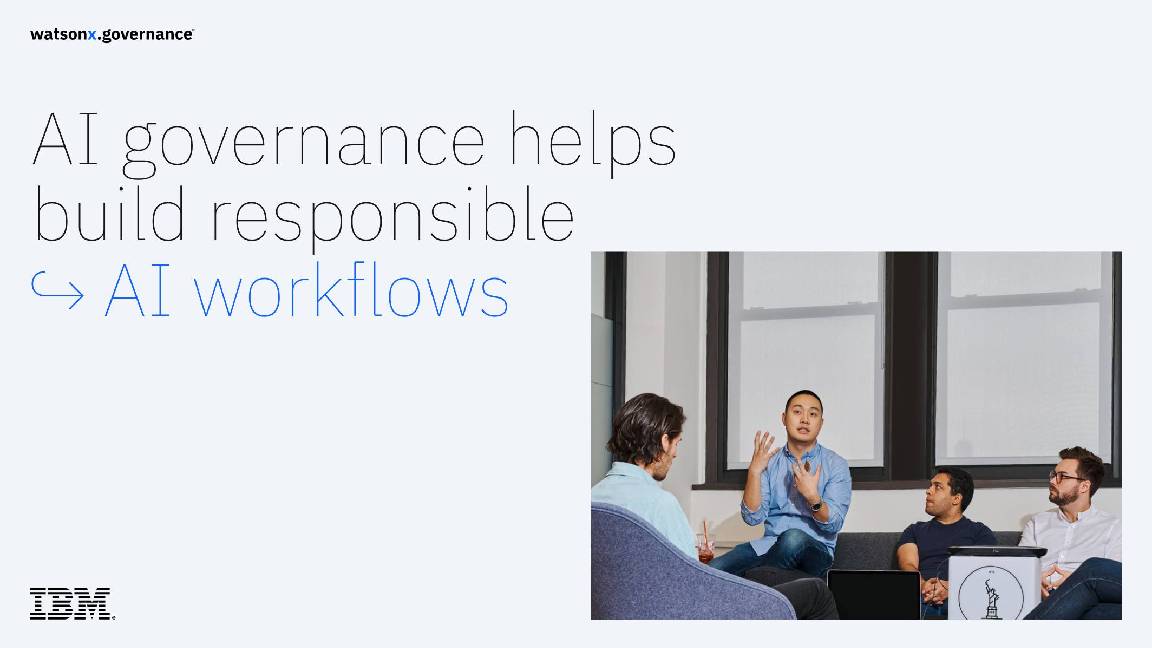Researchers see security improve
Firms are improving security performance but threats continue to grow, says IBM.

Researchers have found that overall safety online is improving overall, but that criminals are adapting their techniques to compensate.
Results from the IBM X-Force 2011 Trend and Risk report show an improvement to online security practices. 2011 saw a 50 per cent decline in spam email, against 2010 figures. Patching of security vulnerabilities by software vendors improved as well, with a seven per cent decrease in the number of vulnerabilities remaining unpatched. The report shows that cross-site scripting is half as likely to exist in clients' software as it was four years ago.
However, the advancements in security measures has prompted online criminals to evolve their techniques. Mobile exploits, automated password guessing, and phishing attacks are on the rise.
"In 2011 we've seen surprisingly good progress in the fight against computer crime through the IT industry's efforts to improve the quality of software," said Tom Cross, manager of threat intelligence and strategy for IBM X-Force.
"In response, criminals continue to evolve their techniques to find new avenues into an organisation. As long as attackers profit from cyber crime, organisations must remain diligent in prioritising and addressing their security vulnerabilities."
Some of the top examples of security improvements in 2011 include a 30 per cent decline in the availability of exploit codes, a 50 per cent reduction in cross-site scripting, and an overall decline in spam.
IBM noted new attack trends being used by hackers. According to the report, there are documented increases in three key areas of attack activity.
Get the ITPro daily newsletter
Sign up today and you will receive a free copy of our Future Focus 2025 report - the leading guidance on AI, cybersecurity and other IT challenges as per 700+ senior executives
Attacks targeting shell command injection vulnerabilities have more than doubled. As improvements have been made to prevent SQL injections, which allow hackers to manipulate the database behind a website, attackers are now targeting shell command injection vulnerabilities instead. This type of vulnerability enables the attacker to execute commands directly on a web server. IBM is encouraging web application developers to pay close attention to these types of attacks, as they have increased by two to three times over the course of 2011.
There have been increases in phishing attacks that impersonate social networking sties and mail parcel services. Phishing attacks have returned to the scene reaching volumes that not seen since 2008. The emails entice victims to click on links to web pages that my try to infect their PCs with malware.
Social networking is helping hackers to make phishing emails more persuasive. People who share too much information on social networking sites such as Facebook and Twitter make it easy for criminals to use their information to target phishing ads and spam specifically at them, making attacks more personal and convincing.
New technologies are accompanied by new avenues for virtual attacks. According to IBM, mobile and cloud computing in particular continue to cause problems for security in enterprises. 2011 also saw a number of high-profile company cloud breaches.
"IT security staff should carefully consider what workloads they should send to third-party cloud providers and what should be kept in-house due to sensitivity of data," the report said.
"Cloud security requires foresight on the part of the customer as well as flexibility, skills, and a willingness to negotiate on the part of the cloud provider."
The X-Force report recommends service level agreements (SLAs) for managing security in the cloud, because of the limited control an organisation can exercise over cloud computing services.
"Many cloud customers tapping a service worry about securing the technology. Depending upon the type of cloud deployment, most, if not all, of the technology is outside of the customer's control," said Ryan Berg, IBM security cloud strategist.
"They should focus on information security requirements of the data destined for the cloud, and through due diligence, make certain their cloud provider has the capability to adequately secure the workload."
IBM recommends performing regular third-party external and internal security audits, segmentation of sensitive systems and information and training end users about phishing and spear phishing. Enterprises should also examine the security policies of business partners.
-
 Asus ZenScreen Fold OLED MQ17QH review
Asus ZenScreen Fold OLED MQ17QH reviewReviews A stunning foldable 17.3in OLED display – but it's too expensive to be anything more than a thrilling tech demo
By Sasha Muller
-
 How the UK MoJ achieved secure networks for prisons and offices with Palo Alto Networks
How the UK MoJ achieved secure networks for prisons and offices with Palo Alto NetworksCase study Adopting zero trust is a necessity when your own users are trying to launch cyber attacks
By Rory Bathgate
-
 Put AI to work for IT operations
Put AI to work for IT operationswhitepaper Reduce the cost and complexity of managing hybrid applications
By ITPro
-
 AI in the retail industry is spreading beyond the IT department
AI in the retail industry is spreading beyond the IT departmentNews AI has become a strategic imperative for retailers, delivering marked productivity gains
By Emma Woollacott
-
 Maximizing contact center operations with generative AI assistants backed by responsible AI principles
Maximizing contact center operations with generative AI assistants backed by responsible AI principleswhitepaper Reduce the cost and complexity of managing hybrid applications
By ITPro
-
 IBM just launched powerful new open source AI models – here’s what you need to know
IBM just launched powerful new open source AI models – here’s what you need to knowNews Available under the Apache 2.0 license, IBM's Granite 3.0 models are trained on enterprise data and can out-perform the competition
By Emma Woollacott
-
 Achieving business outcomes with generative AI
Achieving business outcomes with generative AIWebinar Take your hybrid cloud journey to the next level with generative AI
By ITPro
-
 Wimbledon’s new Catch Me Up AI feature promises to keep fans up to date at the tournament – after it irons out some of the wrinkles
Wimbledon’s new Catch Me Up AI feature promises to keep fans up to date at the tournament – after it irons out some of the wrinklesNews The latest feature to come out of IBM’s partnership with Wimbledon will keep fans engaged from the early stages right through to the final with dynamic player insights
By Solomon Klappholz
-
 AI demands new ways of data management
AI demands new ways of data managementwhitepaper The data leader’s guide for how to leverage the right databases for applications, analytics and generative AI
By ITPro
-
 AI governance for responsible transparent and explainable AI workflows
AI governance for responsible transparent and explainable AI workflowswhitepaper Build greater trust in your AI
By ITPro